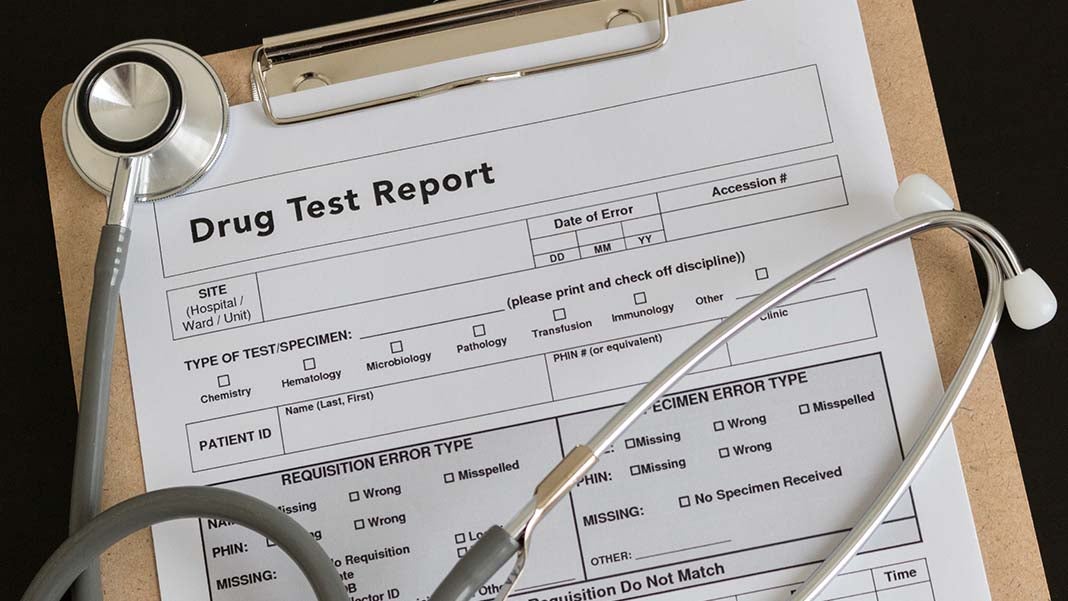Marijuana and Illegal Drugs in the Workplace
By: Brian Wallace

After reaching the lowest rates in three decades, positive drug tests among US workers are just under 5%. Yet according to almost all business leaders agree that drug testing is still needed and an essential part of building an effective workplace. As a result, 88% of employers will drug test at some point during an employee’s tenure.
Among employers, 86% are concerned about marijuana in the workplace and 83% think that its use contributes to poor quality new-hires. Employees who test positive for illegal drugs also have shown on average to have 59% more absences and 47% more terminations that negative testing colleagues, furthering the concerns of business leaders on office absenteeism and turnover. Seeing legalization of marijuana as a threat in regards to operating costs, employers also express worry over workers compensation claims, higher insurance costs, and new litigation issues. However, as legalization and decriminalization of marijuana pushes forward on state level, one in 20 companies say they are considering removing marijuana from their test panel in the next year, as they begin to find they may lose out on good employees by requiring mandatory drug testing.
By law, drug test results are considered protected health information and must be kept confidential. Because of this sensitive nature, it’s no wonder that some employees would feel uneasy, uncomfortable, and even mistrustful when an employer orders a drug test. Many workers feel reluctant to surrender their bodily fluid for testing and possibly revealing their medical history or genetics, perhaps for good reason. As recently as 2014, one in six companies admitted to using test samples to determine the genetic risk factors for new hires, passing over those who had genetic markers for expensive to insure conditions. As a huge violation of employee right to privacy and a breach of trust among workers and management, GINA was enacted to protect against this misuse. The Genetic Information Nondiscrimination Act, or GINA, protects employees from having they test samples “mishandled” in this regard and most states ban employers from requiring genetic testing.
Knowing your rights when it comes to drug testing as an employee can go a long way, but knowing your rights and limitations as an employer is essential. Do you know where you stand when it comes to drug-testing laws and regulations? Take a look at this infographic for more on drug testing in the workplace, why it contributes to safety and productivity, and how to develop fair and respectful policies for everyone involved.

Infographic by US Drug Test Centers












